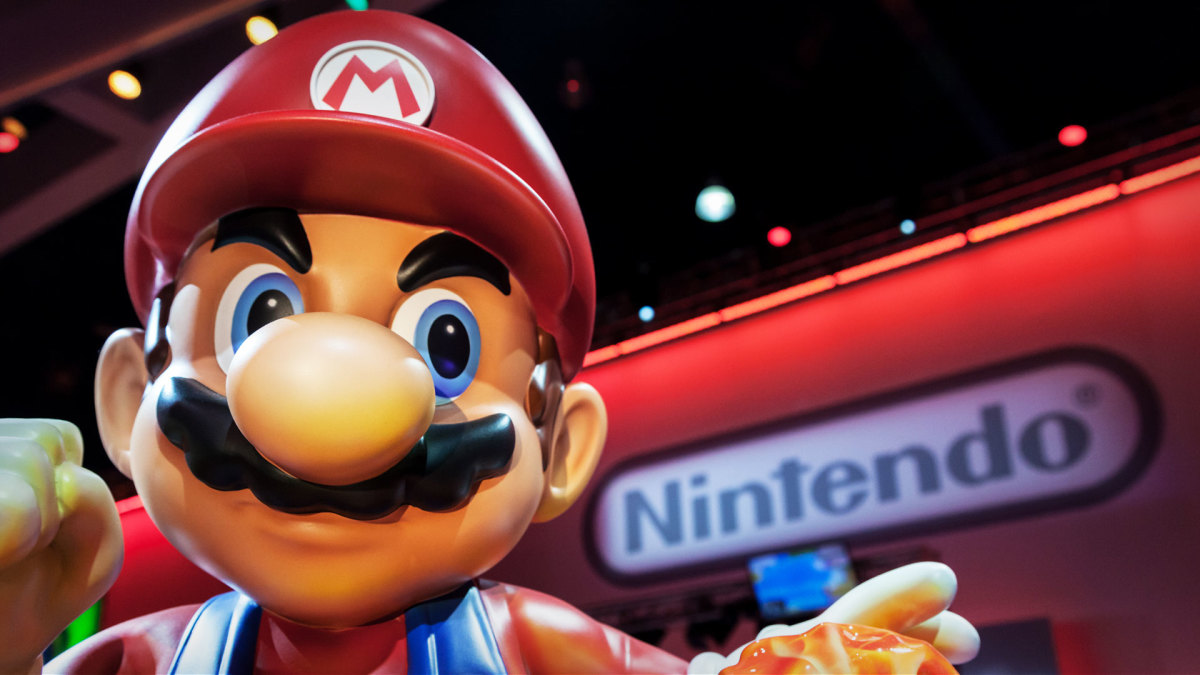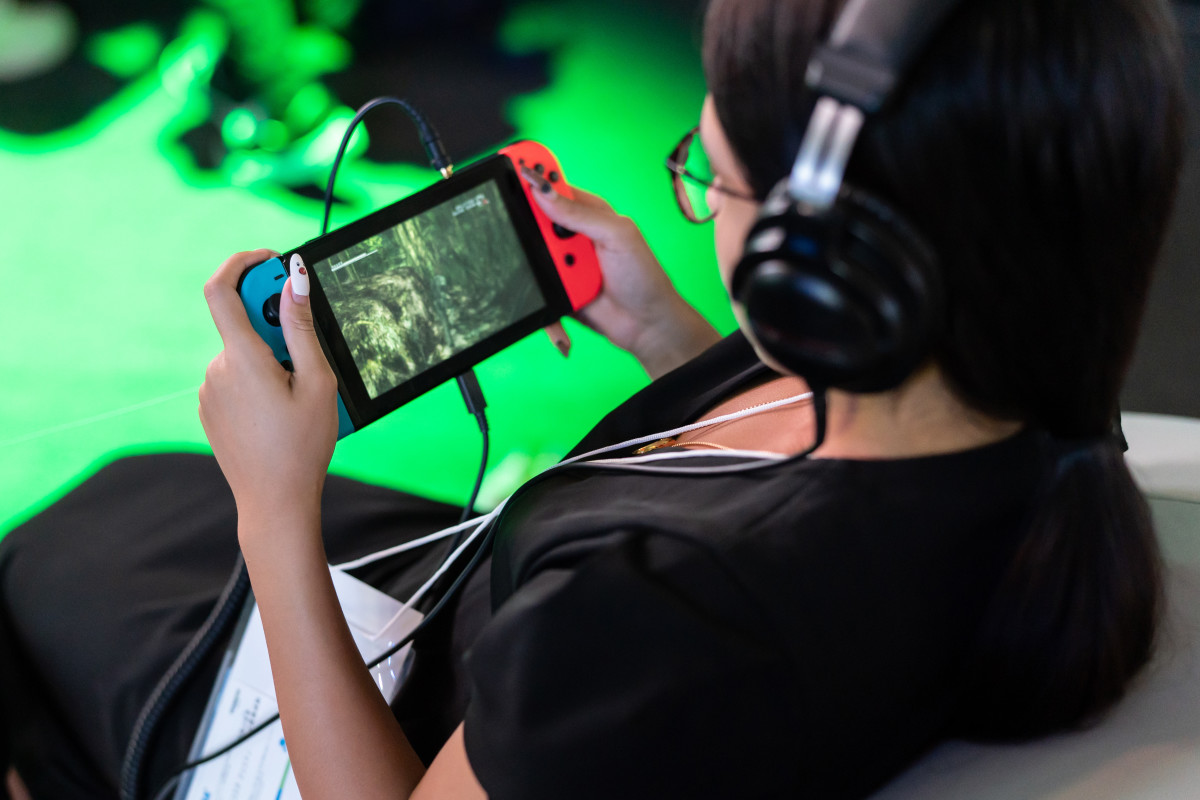
In 2020, all hell broke loose for consumers who were relying on video games to entertain them during a time when the Covid pandemic forced a series of lockdowns, which required people to stay in their homes to stop the spread of the deadly virus.
The demand for video game consoles that year skyrocketed, and it happened during a time when highly anticipated consoles such as Sony’s Playstation 5, and Microsoft’s Xbox Series X and Xbox Series S were set to make their debut.
Don't miss the move: Subscribe to TheStreet's free daily newsletter
Related: Nintendo delays release of a highly anticipated product due to major risk
Things suddenly turned dark for gamers when those consoles sold out within minutes after being released, sparking fury amongst consumers who failed to get their hands on one of the products before Christmas. To make matters worse, many video game companies claimed that a global chip shortage was exacerbating limited stock issues.
Older video game consoles also began flying off shelves in 2020, with some even completely selling out.
Nintendo Switch, which was released in 2017, was one of the many video game consoles that were sold out across the country in 2020. Resellers who managed to purchase the product en masse were even selling it for hundreds of dollars above its sticker price of $299.

Now that the pandemic and the global chip shortage is over, Nintendo (NTDOF) is struggling to sell its Nintendo Switch console, and it’s starting to have a negative impact on the company’s profits.
In Nintendo’s latest earnings report, which was unveiled on Nov. 5, the company revealed its net sales over the last six months declined by about 34%, compared to the same time period last year. Its operating profit, which is a company’s profit after expenses, also shrunk by almost 57% year-over-year.
Related: Sony halts production of another major product it is struggling to sell
For the Nintendo Switch, unit sales decreased by 31% year-over-year, only selling 4.72 million units during the quarter. Also, software sales for the console declined by almost 28% year-over-year, selling roughly 70 million units.
Nintendo lowers its Switch sales expectations
The waning demand for the Nintendo Switch forced the company to slash its sales expectations for the console for the rest of the fiscal year. Nintendo now expects to sell 12.50 million Nintendo Switch hardware units, which is 1 million less than it previously forecasted.
It also now predicts it will sell only 160 million software units of the console, which is a decrease from the 165 million it previously expected to sell before.

“Although Nintendo Switch hardware and software unit sales through the first half of the fiscal year were both below our initial expectations, many people continue to play with Nintendo Switch even in its eighth year since launch,” said Nintendo in the earnings report.
More Retail:
- PepsiCo’s plan to buy a popular brand draws threats from consumers
- Target makes bold clarification to return policy amid alarming trend
- H&M is the latest victim of an alarming shift in consumer behavior
The company also stated it will continue to “release new offerings” to keep consumers interested in playing Nintendo Switch and to maximize hardware sales. Some of the games it plans to release include “Mario & Luigi: Brothership,” which is set to go on sale this month. “Donkey Kong Country Returns HD” is also expected to be released in January next year.
“Other software publishers plan to release a wide variety of titles, and we will strive to invigorate the platform by continually introducing new titles in addition to the existing titles,” said Nintendo in the report.
As Nintendo Switch sales decline, many fans are anxiously waiting for the release of Nintendo Switch 2, which is expected to be announced in March 2025.
The product will reportedly have a larger screen than the first Nintendo Switch, and it will allow consumers to play games in HD.
Related: Veteran fund manager sees world of pain coming for stocks







